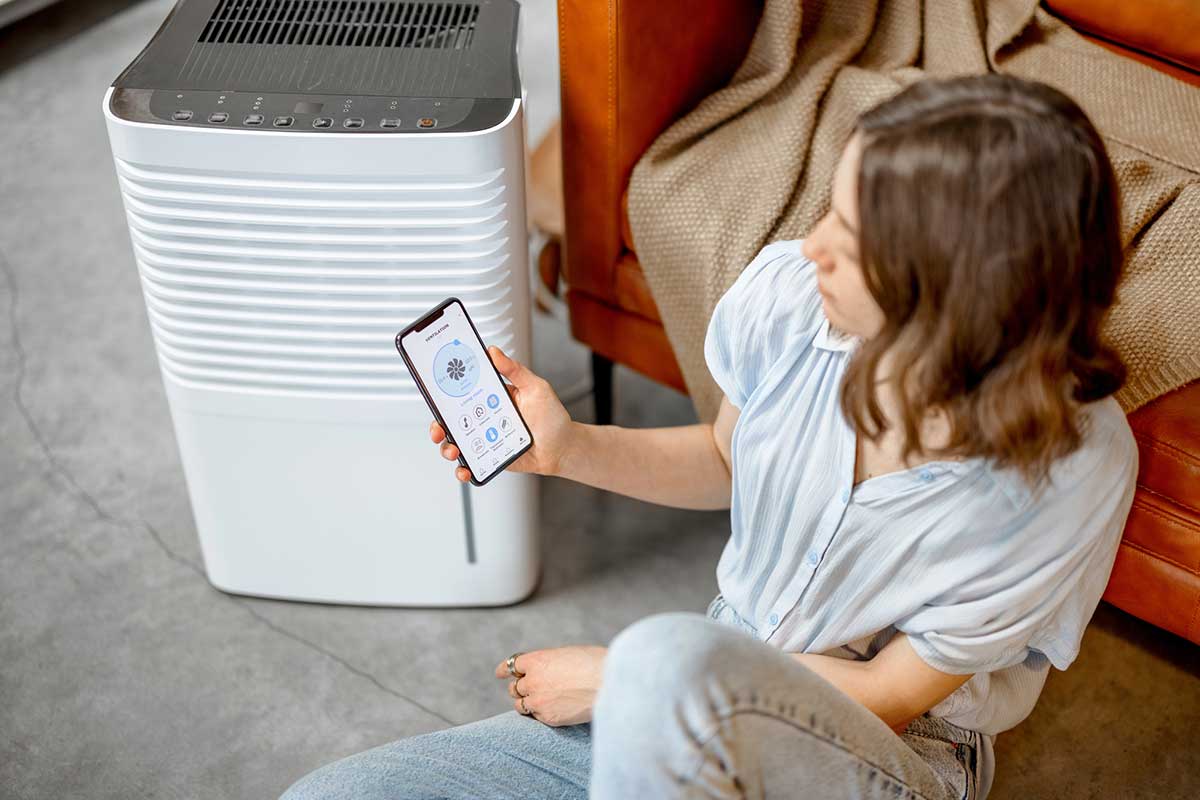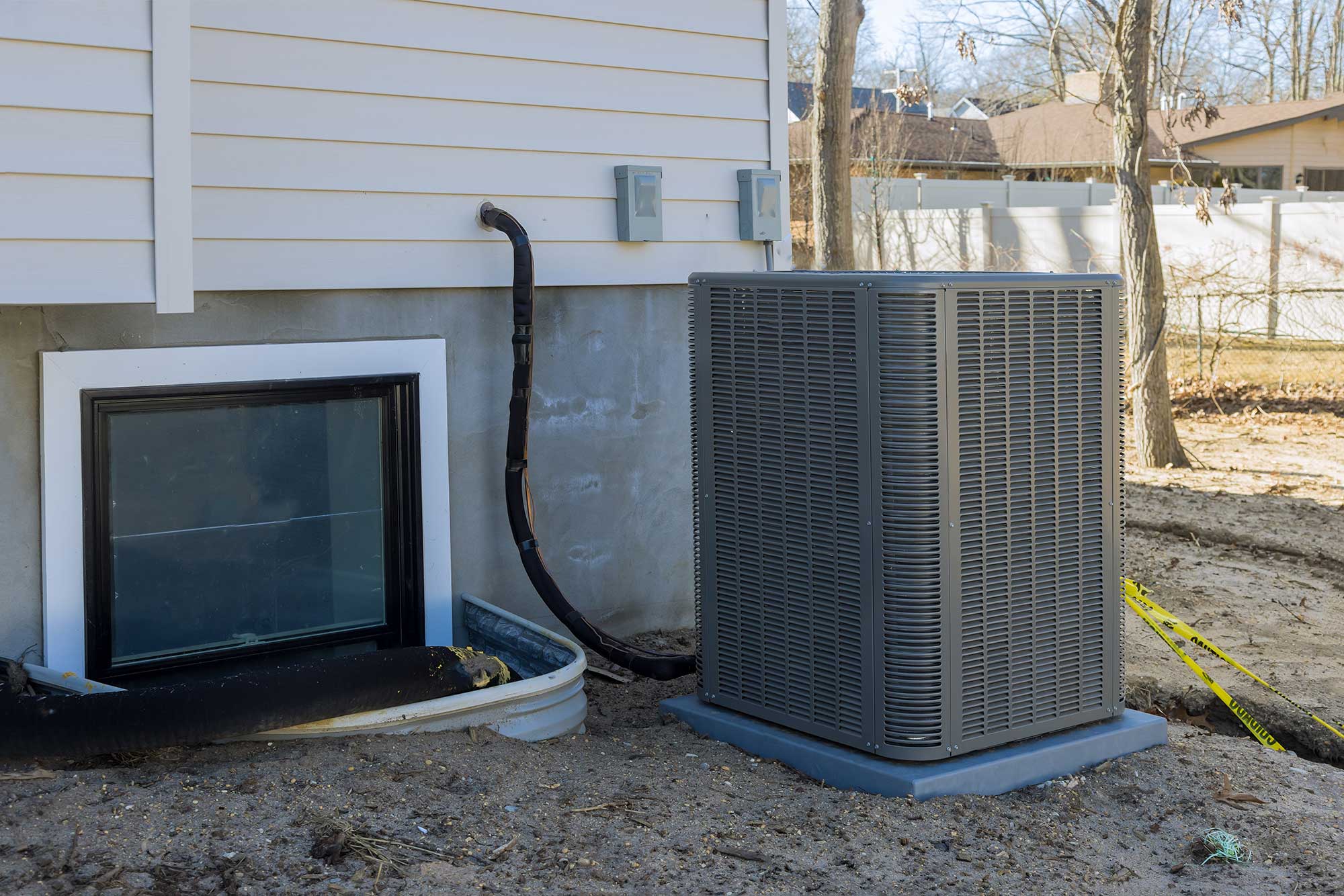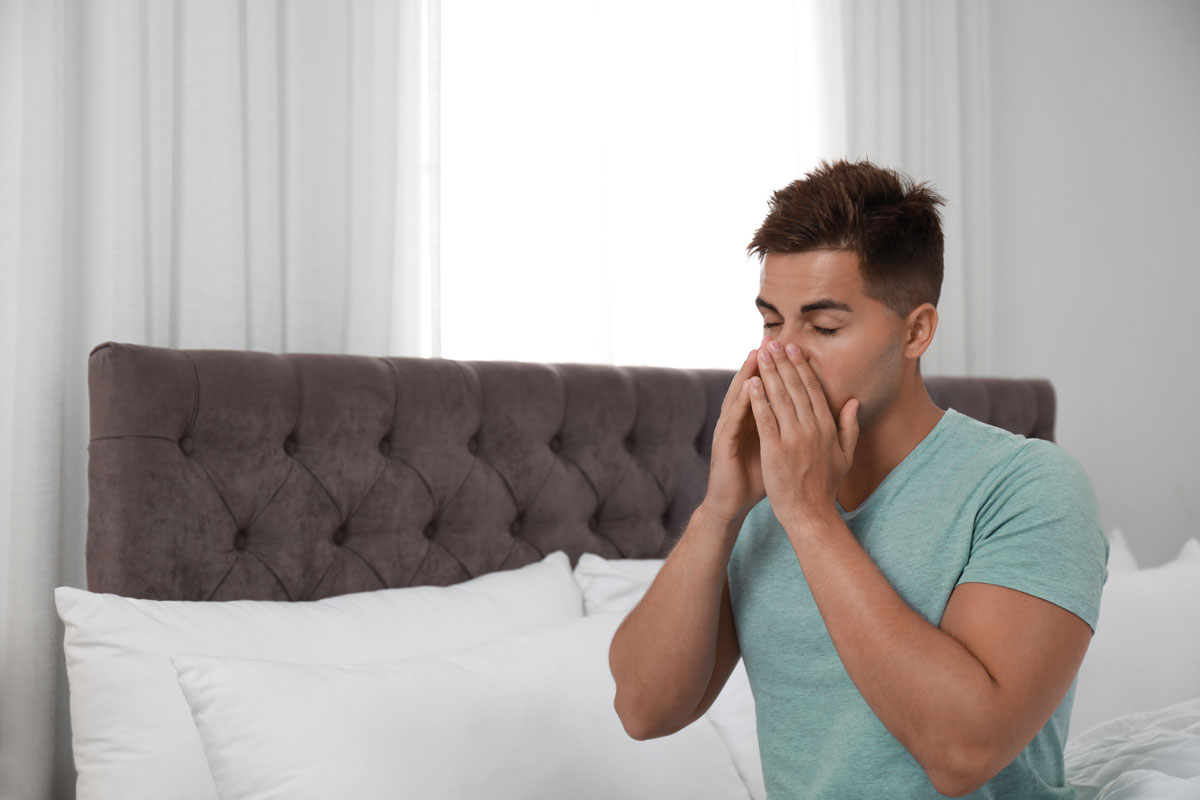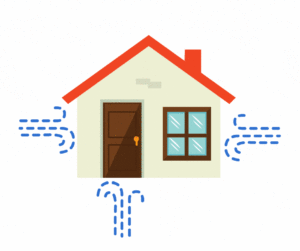When summer heat hits Washington homes, air conditioning becomes essential. But if you’ve ever cranked the AC and still felt hot and sticky, you might be overlooking a major factor in your indoor comfort: humidity.
Humidity levels that are too high don’t just make you uncomfortable — they can impact your health, damage your home and put extra stress on your HVAC system. Fortunately, there is an easy solution: a dehumidifier.
Let’s take a closer look at why humidity matters and how a dehumidifier can help.
Why High Humidity Feels So Uncomfortable
Humidity is the amount of moisture in the air. When humidity levels rise, the air feels heavier and warmer. That’s because your body relies on sweating to cool down — but sweat can’t evaporate effectively in humid conditions. The result? You feel hotter, even if your thermostat says you’re at a comfortable temperature.
Too much moisture can also:
- Make your skin feel clammy
- Cause your hair to frizz or go flat
- Create musty odors in your home
- Fog up windows and mirrors
- Increase dust mites and mold growth
These are just a few common symptoms of high humidity in home environments that Washington residents often experience, especially in the late summer months.
The Hidden Costs of High Indoor Humidity
It’s not just about discomfort — excess humidity can take a toll on your home and HVAC system:
- More strain on your AC: Your air conditioner has to work harder to remove moisture from the air, not just cool it.
- Higher energy bills: Overworked AC units use more electricity.
- Indoor air quality issues: Damp air can trigger allergies, asthma and respiratory irritation.
- Structural damage: Prolonged moisture exposure can warp wood, damage drywall and invite mold.
How Dehumidifiers Work
A dehumidifier pulls moisture from the air and collects it into a reservoir or drains it through a hose. By reducing the humidity in your home, it helps your air conditioner run more efficiently and improves your overall comfort.
You can choose from:
- Portable dehumidifiers: Ideal for basements or single rooms
- Whole-home dehumidifiers: Integrated into your HVAC system for balanced moisture control throughout your home
Top Benefits of a Dehumidifier in Washington Homes
Installing a dehumidifier can dramatically improve your indoor climate. Here’s how:
- Keeps your home cooler without lowering the thermostat
- Reduces allergy and asthma triggers like mold and dust mites
- Protects furniture, wood floors and structural components from moisture damage
- Helps your AC last longer by reducing wear and tear
- Cuts down on musty odors
In short: Drier air feels cooler, cleaner and healthier.
What’s the Ideal Indoor Humidity Level in Washington?
For maximum comfort and health, your indoor humidity should stay between 30% and 50%. Anything above 60% is considered too humid, and levels over 70% can lead to serious mold growth.
Ready To Regain Comfort in Your Home?
If you’re constantly asking, “Why does it still feel muggy even with the AC on?” — a dehumidifier could be the answer.
Whether you’re dealing with musty rooms, persistent allergies or just want to make your air conditioner more effective, Apex Air is here to help. We offer both portable and whole-house dehumidifier solutions perfect for Washington’s climate and your unique home.
Don’t Let Humidity Take Over Your Comfort
Contact Apex Air today for your free consultation. We’ll help you find the right dehumidifier solution to keep your home cool, dry and comfortable — no matter how hot and humid it gets outside.
Visit our website to learn more and schedule your appointment.




